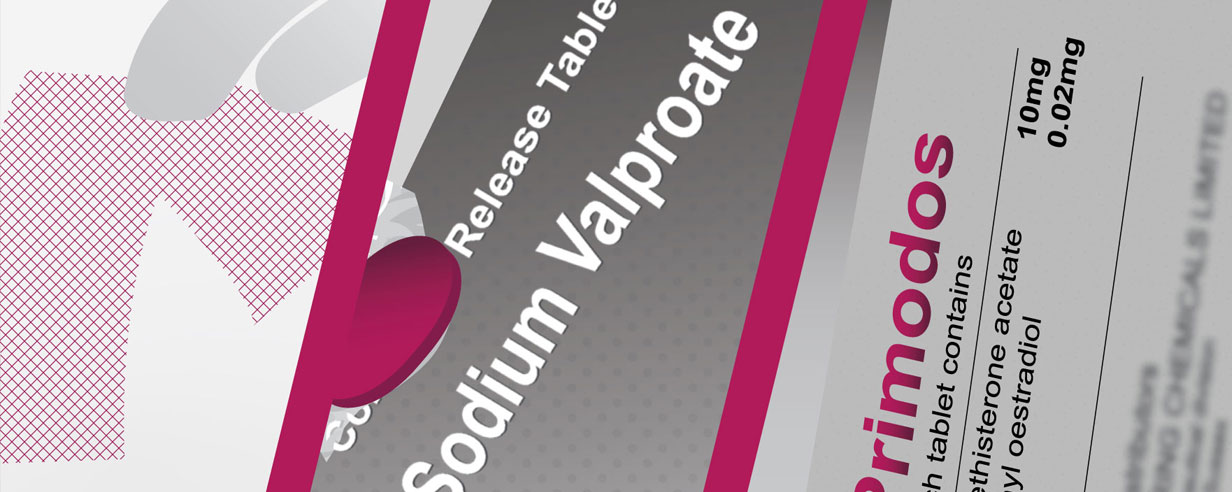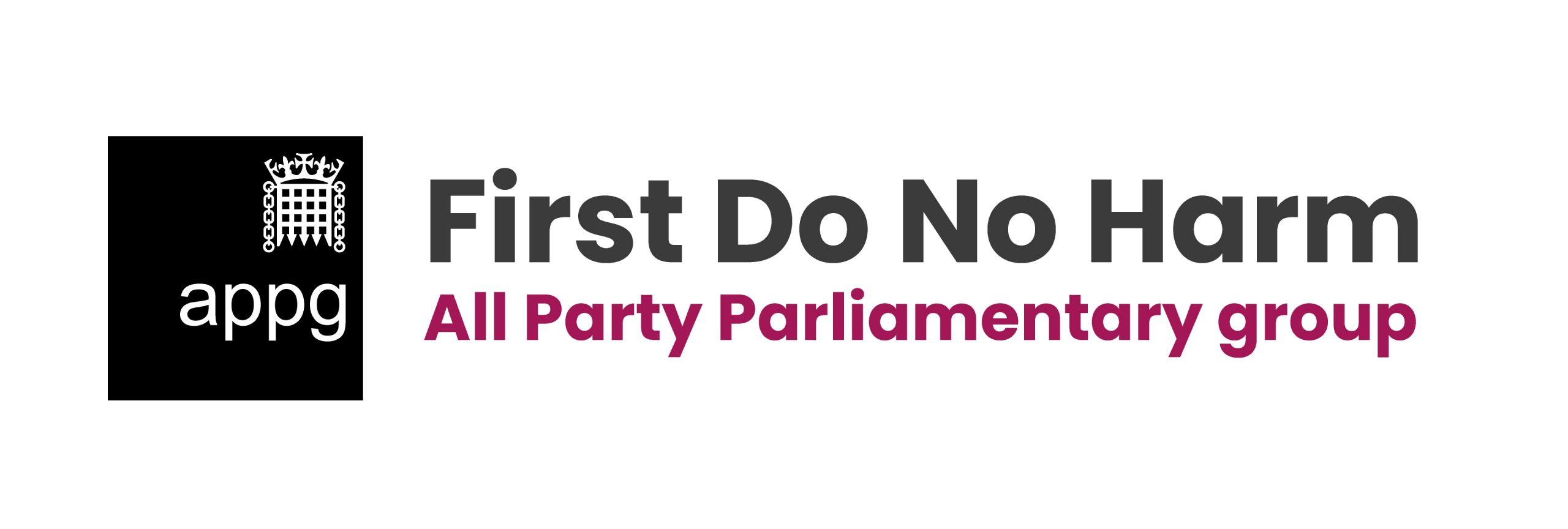
In an op-ed published in The Times Red Box today, and on the day the Medicines and Medical Devices Bill returns to the House of Lords, APPG Co-Chair Baroness Cumberlege restates the case for an independent Patient Safety Commissioner. The text from the article is copied below – to view the article in full click here. 
Patients need a voice if we are to avoid the medical harm caused in the past
In July last year, the Independent Medicines and Medical Devices Safety Review – which I chaired — published its landmark report, First Do No Harm. It followed a two-year review of harrowing patient testimony and a large volume of other evidence concerning three medical interventions: Primodos, sodium valproate and pelvic mesh.
Last month, Jeremy Hunt – who commissioned the review as health secretary – joined me in launching an all-party parliamentary group whose aim is to achieve the implementation of the review’s recommendations. At our first meeting before Christmas we were joined not only by a wide array of parliamentarians but by more than one hundred patient group representatives. Their knowledge, passion and dignity in the face of great suffering is inspirational.
Over the course of our work, my team and I observed a healthcare system that was disjointed, unresponsive and defensive. Our report set out in no uncertain terms how the system does not adequately recognise that patients are its raison d’être, and that it has failed to listen to their concerns and when, belatedly, it has decided to act it has too often moved glacially.
One of the nine wide-ranging and radical recommendations we made was to establish in statute an independent patient safety commissioner. This person would be the patients’ port of call, their listener and advocate, who holds the system to account, monitors trends, and demands action. It is our hope that this commissioner would be the golden thread tying this fragmented system together.
To see the benefits this new, independent and powerful voice brings, one only has to look at the work of existing commissioners in different policy areas in England. Anne Longfield, the children’s commissioner, for example, has spent the past year highlighting the dreadful impact of the pandemic on children’s safety and development, while Dame Vera Baird, the victims’ commissioner and Nicole Jacobs, the domestic abuse commissioner, have both lent their weight to the campaign to introduce a crime of non-fatal strangulation so that domestic abusers face more punitive sentences. This is, unquestionably, valuable work indeed.
In respect of medicines and medical devices, a truly independent patient safety commissioner would do similar: listen to patients and their families; look for trends and patterns that give rise to safety concerns; and require the healthcare system to act to reduce or remove the risk of avoidable harm. Had a patient safety commissioner existed before now, my team and I are in no doubt that much suffering could have been avoided.
I am pleased to say that the government has now accepted the need for a patient safety commissioner for England. It has brought forward its own amendment to the Medicines and Medical Devices Bill, which is being considered in the House of Lords today. I hope it will swiftly become law.
This is a topic upon which the government has listened and acted, and I thank them for it, but a full response to the review’s report is still outstanding some six months after publication. Action is urgently needed to ensure we help those who have already suffered and reduce the risk of harm to patients in future.
Baroness Cumberlege is a Conservative peer and was chairwoman of the Independent Medicines and Medical Devices Safety Review (2017-2020)



